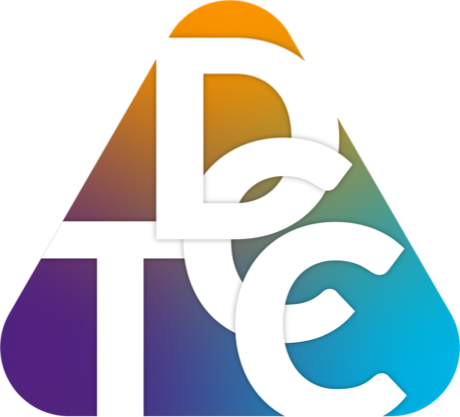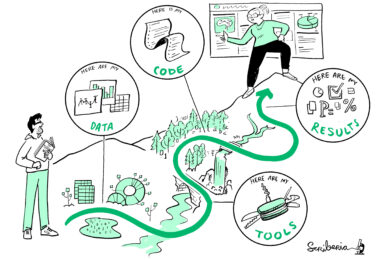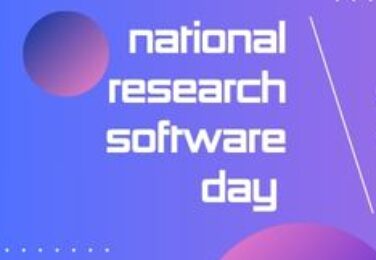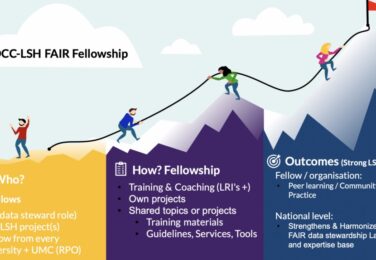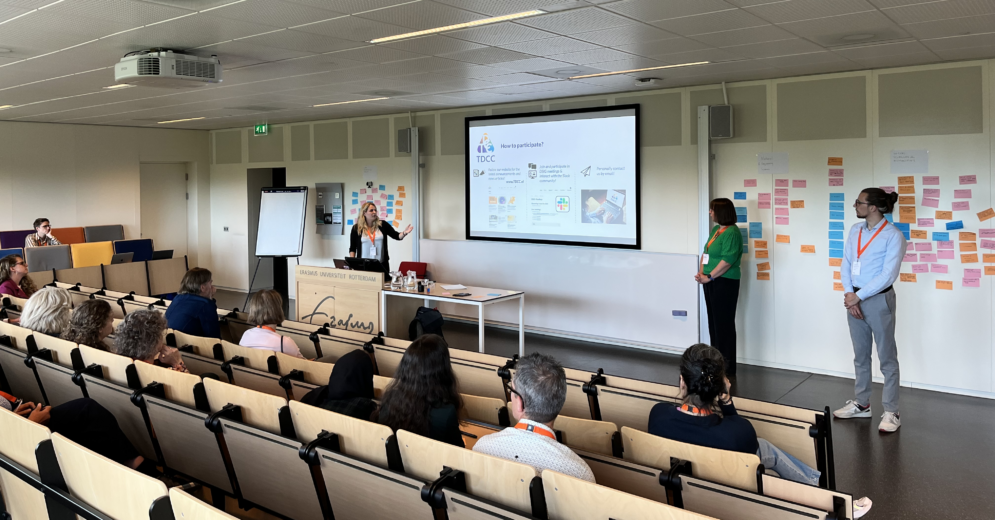
Addressing bottlenecks together to encourage FAIR practice in research methods, data, and software – workshop outcomes
As part of the programme of this year’s Open Science Festival, which took place last week at the Erasmus University in Rotterdam, the 3 thematic DCCs (LSH, SSH and NES) organised a workshop with a joint goal to better understand the bottlenecks our communities are facing in the uptake of FAIR practices.
With a mix of RDM professionals, researchers, and Open Science enthusiasts in the room, around 35 of us in total, we opened the session by positioning the Thematic DCCs within the existing landscape. We did so from the perspective of researchers and institutions, focusing on our 2 key goals – to strengthen domain-specific networks (1), and to address challenges relating to the use of digital infrastructure and computational techniques that go beyond individual institutions (2).
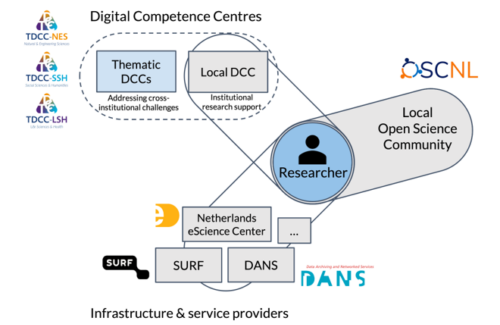
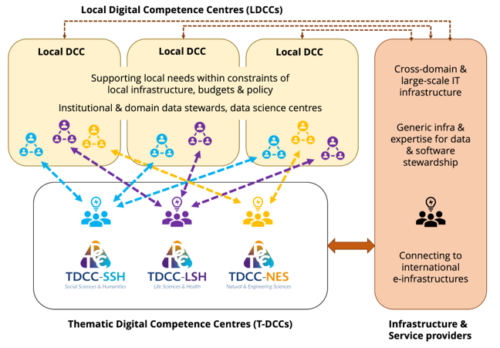
For more details, we have made the slide deck and the spreadsheet with input from the workshop available in Zenodo.
Working from the festival’s motto “Meet, Share, Inspire, Care”, we imagined the workshop as a starting point to learn about shared challenges that might be solved together, commonalities among peers, great ideas that need some extra help/funding, or useful tools/solutions that can be shared with others.
We delved into 3 simple, but important questions:
- In the past 6 months, what are some domain-specific challenges you came across in your work?
- How do you connect with like-minded people in your field?
- Assume you get 1 day per week, for 6 months, to work on something together with others. What larger challenge would you like to tackle?
The participants were asked to write down their answers, starting with the most pressing ones, and to assign them to one of the domains – Life Sciences & Health (LSH), Social Sciences & Humanities (SSH), or Natural & Engineering Sciences (NES).
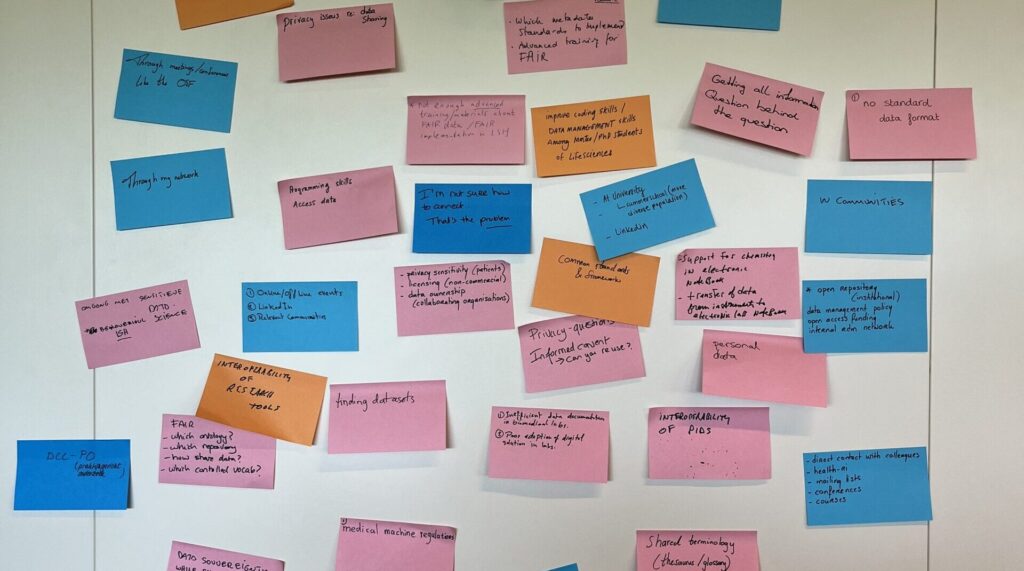
While some answers to the 1st question were marked as relevant for all 3 domains, such as “sustainable cost models for long-term research data preservation”, others were rather specific to their respective fields. For SSH, challenges around sensitive data were most prominent, including topics such as anonymisation, followed by issues related to qualitative data (e.g. making it available for reuse). LSH domain faces comparable challenges around privacy, arising from handling patient data, but also very unique ones - for example regulations for medical machines/equipment. In the case of NES, issues around research software were highlighted - from the lack of software interoperability that causes robotic assembly failures to no versioning details in repositories, as well as a lack of standard data formats, even within the same scientific discipline.
Many of the noted challenges arise from domain specific practices and needs, but are actually shared across our communities. For example, whilst the increased need for research software engineers was noted from researchers in Social Sciences, it is a need recognised across domains, even if the input we received varied in its focus - a desire for more programming skills in LSH, or the inability to keep research software functional through changes in (software engineering) personnel in the NES domain.
Expressed issues also demonstrated a broad range in terms of the level of knowledge/expertise around FAIR practices, from the very basic problem of “finding datasets” (all domains) to a “lack of advanced training on FAIR implementation in Life Sciences” (LSH, emphasis by workshop participant), pointing towards very different levels of current adoption of FAIR practices in different disciplines (within single domains and across them).
Most of these challenges are explicitly mentioned in our roadmaps (LSH, SSH, NES). Software sustainability is one of four bottleneck topics for TDCC-NES. For TDCC-SSH, supporting ways to inventory and share work being done on legislation tools that indicate what is and is not permitted when working with sensitive data is one of the explicit bottleneck area goals. The lack of skilled digital experts is regarded as a clear bottleneck for TDCC-LSH. This gives us an opportunity to start addressing them both through our events and network activities as well as collaborative projects, some of which are already in development (LSH, NES).
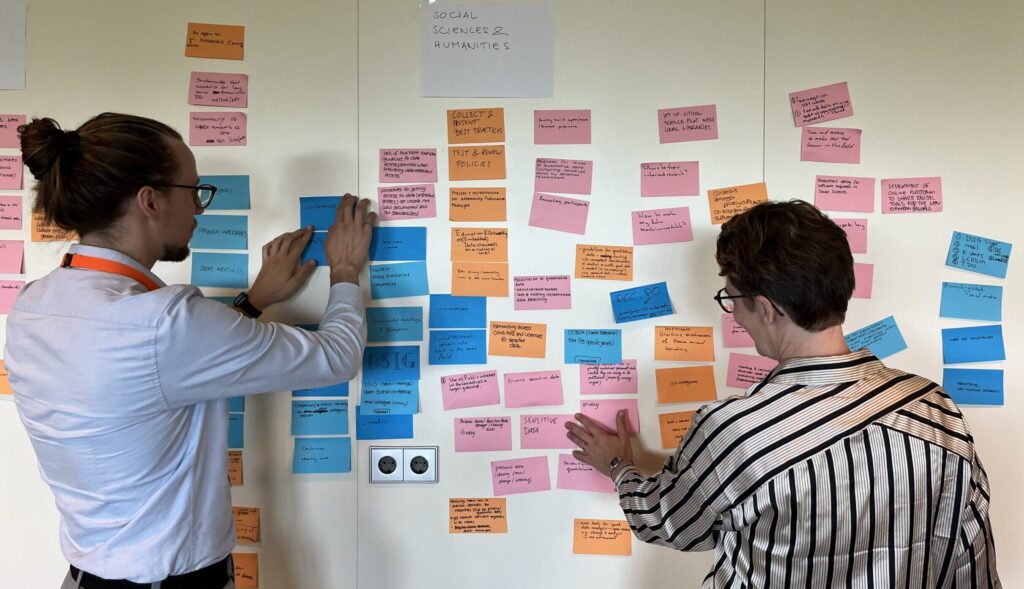
In analysing the answers to our 2nd question, it quickly becomes clear that Data Stewards, Data Managers, Research Software Engineers and participants with similar roles meet like-minded peers in rather different places to researchers (the former at Data Stewards Interest Group meetings, Data and Software Carpentries, LCRDM and DCC-IN events, and Health RI and RDA communities and events, compared to domain-specific symposiums and conferences). There is a strong need to create places and opportunities to bring them together and, more broadly, rethink and stop perpetuating the “academic staff” versus. “support staff” split that no longer serves the scientific community or reflects current practices. Some of the answers to our 1st question, for example “[some] researchers do not embrace the Open Science and FAIR data topics” further accentuate this need.
The 3rd question brought the most challenging, but also enthusiastic and uplifting ideas. From broad domain agnostic ideals, such as a “digital research commons spanning the Netherlands”, to very specific (but no less ambitious) suggestions, for example, establishing a “consensus among privacy officers on a consent form sufficient for open sharing” (SSH), “interoperability of research tools” (LSH) or “making environmental costs of computing explicit” (NES).
The received input will be particularly useful in updating our roadmaps and determining our future strategic goals and topics.
To stay up-to-date with our latest news, events, projects and funding opportunities, sign up to our mailing lists: TDCC-LSH, TDCC-SSH, TDCC-NES
